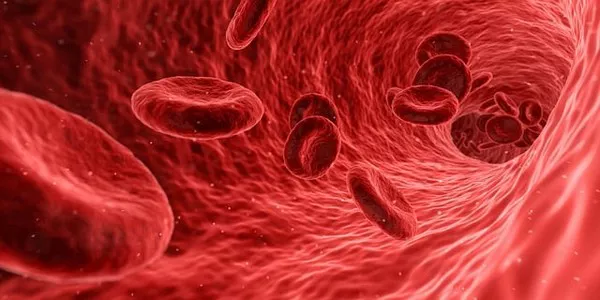Menopause is a natural biological process that marks the end of a woman’s reproductive years. Typically occurring in the late 40s or early 50s, menopause is a significant milestone that brings about hormonal changes and a cessation of menstrual periods. This transition is not only biological but also involves various physical, emotional, and psychological aspects.
Understanding Menopause:
Menopause, in essence, is the cessation of menstrual cycles, marking the end of a woman’s ability to conceive. It is a natural and inevitable phase in a woman’s life, resulting from a decline in reproductive hormones, particularly estrogen and progesterone. These hormonal fluctuations trigger a series of changes in the body, leading to the cessation of ovulation and menstruation.
How does your body feel during menopause?
The physical manifestations during menopause can vary widely among women. Common experiences include hot flashes, night sweats, and changes in sleep patterns. Hormonal imbalances can lead to mood swings, irritability, and fatigue. Additionally, women may experience changes in their skin, hair, and weight distribution. It’s essential to recognize that the impact of menopause on the body is unique to each individual.
Menopause Age and Stages:
The age at which menopause occurs can vary, but the average is around 51 years old. However, menopause can occur earlier or later, influenced by factors such as genetics, lifestyle, and overall health. The stages leading up to menopause are collectively referred to as perimenopause, during which hormonal fluctuations begin, leading to irregular menstrual cycles and various symptoms.
How do you know when menopause starts?
Determining when menopause starts can be challenging, as it is a gradual process. The first indicator is often irregular menstrual cycles, but other signs include changes in mood, sleep patterns, and the onset of hot flashes. A conclusive diagnosis is typically made when a woman has gone without a menstrual period for 12 consecutive months.
Menopause Symptoms in a Woman:
Menopause symptoms can manifest differently in each woman. Common symptoms include hot flashes, night sweats, vaginal dryness, and changes in libido. Emotional symptoms may include mood swings, irritability, and difficulty concentrating. Additionally, menopause can impact bone health, leading to an increased risk of osteoporosis. Understanding and recognizing these symptoms is crucial for women navigating this phase of life.
Hormonal Changes and Their Effects:
The primary cause of menopausal symptoms is the decline in estrogen and progesterone levels. Estrogen, in particular, plays a crucial role in regulating the menstrual cycle and maintaining various bodily functions. The decrease in estrogen levels can affect the body’s thermostat, leading to hot flashes and night sweats. Moreover, hormonal changes can contribute to mood swings and impact the health of tissues in the vaginal and urinary tract.
How to Manage Menopausal Symptoms:
Managing menopausal symptoms involves a combination of lifestyle changes, dietary adjustments, and, in some cases, medical interventions. Regular exercise, a balanced diet rich in calcium and vitamin D, and stress management techniques can help alleviate symptoms. Hormone replacement therapy (HRT) is also an option to address hormonal imbalances, but its risks and benefits should be carefully considered with a healthcare professional.
What are the worst menopause symptoms?
While menopausal symptoms vary in intensity and duration, some are commonly considered more challenging to manage. Hot flashes and night sweats can be particularly bothersome, disrupting sleep and daily activities. Vaginal dryness and changes in sexual function can also impact a woman’s quality of life. Additionally, the emotional toll of mood swings and irritability can be challenging to navigate.
Impact on Mental Health:
Menopause is not only a physical transition but also a significant emotional and psychological journey. The hormonal changes can contribute to feelings of anxiety and depression in some women. It’s crucial for women experiencing these mental health challenges to seek support from healthcare professionals, friends, and family. Understanding that these emotional changes are part of the menopausal process can help women cope more effectively.
Conclusion:
In conclusion, menopause is a natural and inevitable phase in a woman’s life, marking the end of reproductive capabilities. The physical, emotional, and psychological changes associated with menopause can vary widely among individuals.
Understanding the stages, signs, and symptoms of menopause is essential for women to navigate this transition with knowledge and resilience. Seeking support from healthcare professionals, adopting a healthy lifestyle, and acknowledging the uniqueness of each menopausal journey are crucial steps in ensuring a positive and empowered experience during this significant life stage.


